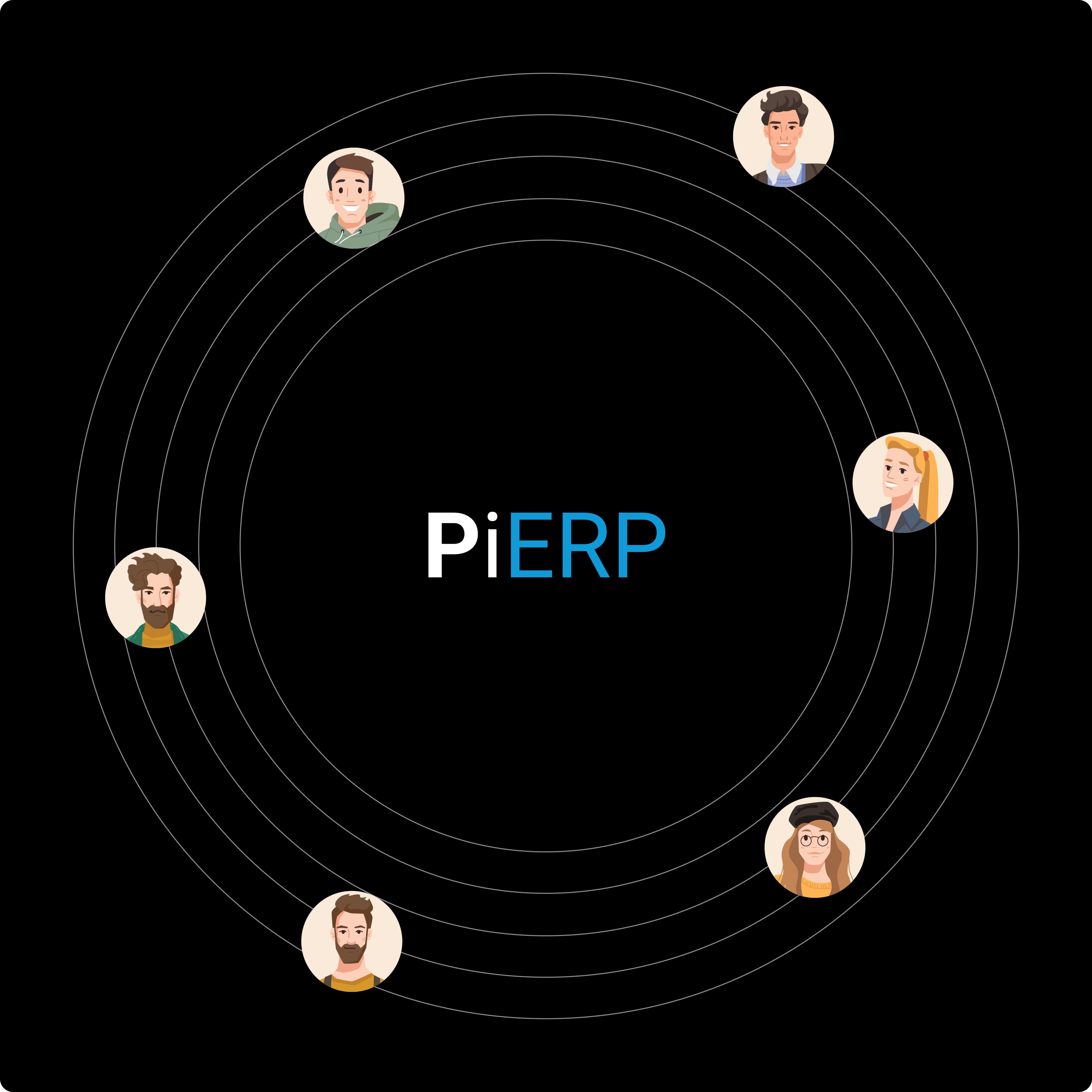In today’s hyperconnected digital landscape, cybersecurity is no longer optional—especially for systems that handle your organization’s most sensitive data. Enterprise Resource Planning (ERP) systems are a prime target for cybercriminals because they centralize business operations, including finance, HR, procurement, and customer data.
At PiERP, we understand the critical role ERP systems play in driving business success—and the devastating impact a data breach can have. That’s why securing your ERP system is essential to protecting your business data, reputation, and continuity.
Why Cybersecurity in ERP Is Crucial
ERP systems store a massive amount of sensitive and mission-critical information. This makes them an attractive target for attackers aiming to steal, manipulate, or hold your data hostage. Common threats include:
- Ransomware attacks
- Phishing attempts
- Insider threats
- Third-party vulnerabilities
- Weak authentication practices
A single breach can lead to financial loss, regulatory penalties, and damaged customer trust.
Key Strategies to Protect Your ERP System
Here are some essential cybersecurity best practices to help you secure your ERP environment:
1. Implement Role-Based Access Controls (RBAC)
Not every employee needs access to every part of the ERP. Use PiERP’s advanced user role management to assign access based on job responsibilities, reducing the risk of internal breaches.
2. Use Multi-Factor Authentication (MFA)
MFA adds an extra layer of protection beyond usernames and passwords. It’s a simple but highly effective way to prevent unauthorized access to your system.
3. Regularly Update and Patch Systems
Outdated software often contains vulnerabilities. Stay protected by keeping your ERP system and third-party plugins updated. With PiERP ERP, we ensure continuous updates and enhancements to stay ahead of emerging threats.
4. Monitor Activity Logs
Set up automatic alerts for suspicious behavior and review system logs regularly. PiERP includes integrated monitoring tools to help you identify unusual patterns early.
5. Employee Training and Awareness
Many breaches occur due to human error. Regular training on phishing, password hygiene, and secure data handling is crucial in building a security-first culture.
6. Backup and Disaster Recovery Plans
Ensure you have secure, automated backups and a disaster recovery plan in place. This enables quick restoration of operations in the event of an attack.
How PiERP Ensures ERP Security
At PiERP, our ERP solution is built with security at its core. From secure cloud infrastructure to data encryption and access management, our platform helps you stay compliant and protected.
Key security features include:
- Secure login protocols with MFA
- SSL-encrypted data transmission
- Role-based access control
- Real-time security monitoring
- Regular security updates and patch management
We work closely with businesses to tailor security settings to their unique needs—ensuring both compliance and peace of mind.
Final Thoughts
ERP systems are essential for operational efficiency—but without proper cybersecurity measures, they can become your weakest link. By implementing robust security strategies and choosing a secure platform like PiERP, you can safeguard your business data and maintain stakeholder trust.
Want to learn more about how Pierp can secure your business data? Contact us today or request a demo to see our ERP security features in action.






